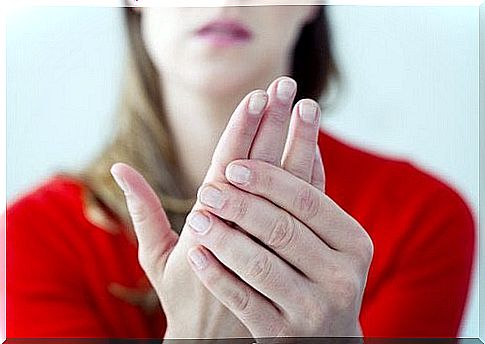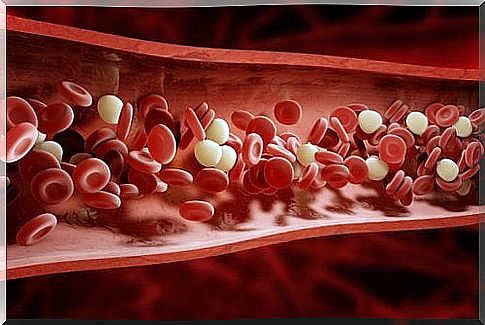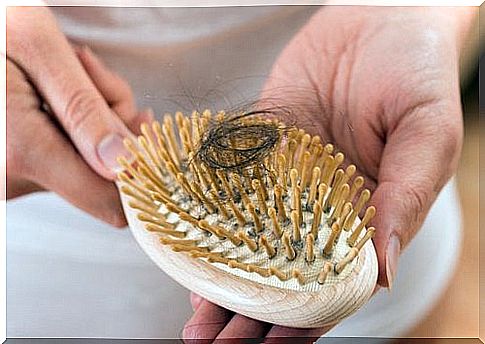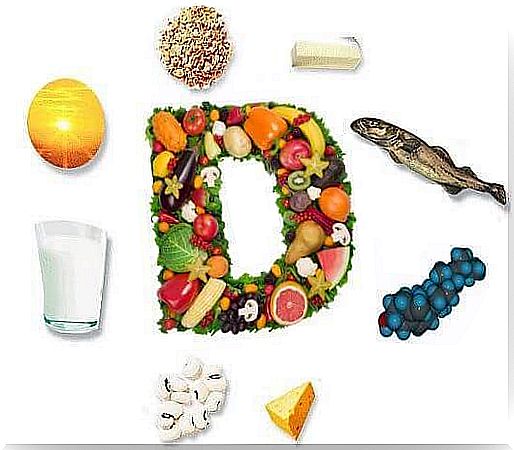Hypocalcaemia, Silent Disease Symptoms You Need To Know

Hypocalcemia is a disease that affects women more often. This condition has its origins in a deficit of calcium in the blood and has many more symptoms than osteoporosis.
Tingling in the arms and legs, difficulty concentrating, muscle pain, or even palpitations are other indicators of hypocalcemia that we should also be aware of.
However, the most complex part of this disease is that it can affect our quality of life without us really knowing why.
Below are some basic details about this disease for you to keep in mind.
Remember, furthermore, that in the event of any doubt or inconvenience, it is most convenient to consult a doctor. This disease can be diagnosed quickly with a simple blood test.
What is hypocalcemia
We speak of hypocalcemia when there is an imbalance in a very specific element of our blood: calcium.
This mineral fulfills basic and essential functions for our health and well-being. We also have to take into account that calcium is not only necessary for strong bones and teeth.

- Calcium helps make certain hormones do their job in the kidneys and intestines.
- This mineral is essential to promote blood clotting.
- Calcium is also important for generating nerve impulse transmission and muscle contraction.
- In addition, calcium contributes to the activation of many basic enzymes in our bodies.
- Furthermore, it helps in the internal tasks of cell membranes: it favors the exchange of oxygen and nutrients.
- It favors the absorption of an essential vitamin: vitamin B12.
What are the symptoms of hypocalcemia?
- Stress and anxiety. We start to go through times when we are unable to face our daily responsibilities: we have difficulty concentrating, we feel confused, altered…
- Another of the most common symptoms is muscle tingling. We feel uncomfortable in the face, in the extremities… it’s almost as if we have ants under the skin.
- Tiredness, muscle cramps, numbness in the hands.
- Problems in the teeth, which are very fragile.
- Hair weakness, and one can suffer from alopecia.
- In addition, hypocalcemia also causes a variety of skin problems. It is possible to feel very dry and even suffer from eczema or dermatitis.
- We’ll also notice our more fragile nails.

What causes hypocalcemia
One of the most common causes of hypocalcemia is a deficiency of vitamin D. A lack of this mineral will affect, for example, the thyroid gland, and make it difficult to regulate calcium metabolism in the body.
In addition, there are many other things that only experts can diagnose:
- Chronic kidney failure.
- Magnesium deficit is also another very common cause of hypocalcemia.
- Some medications (diuretics, hormonal treatments, antibiotics…) can also cause problems in the synthesis of calcium in our body.
- Consuming too much caffeine or fizzy drinks is also dangerous.
How to treat hypocalcemia?
Treatment is something that experts will decide based on our particular needs.
However, this disease is usually combatted through the administration of oral calcium and vitamin D supplements.
The goal is to keep calcium values within the normal range. However, the problem with administering calcium is that we can suffer long-term from kidney stones.
To avoid it, the most appropriate is to maintain a balanced diet, with little salt and plenty of fluids.
Is it possible to prevent hypocalcemia?
First, it’s important to clarify something: you should never take calcium supplements on your own. This is something for the doctor to decide. Self-medication is dangerous and not recommended.
Since we can’t know if we’re suffering from hypocalcemia, we shouldn’t run the risk of raising our calcium levels for nothing through supplements.
It is best to consult a doctor to find out about our particular needs.

It’s worth remembering that calcium isn’t just in dairy products. We can find this mineral in legumes such as lentils and chickpeas. Eggs, walnuts and broccoli are also very suitable foods.
It is simply a matter of maintaining a varied and balanced diet where no nutrients are lacking.
To prevent hypocalcemia, it’s important to top up our vitamin D and magnesium stores.
So don’t hesitate to get some exercise. Going for a walk and enjoying the sun’s rays to synthesize vitamin D is important.
And once again, we remind you that in case of doubt, it is best to consult a doctor, as he will be responsible for deciding whether or not to ingest supplements rich in these elements.
In addition, it is also important to take care of the health of our thyroid, as it fulfills a crucial function related to calcium.









